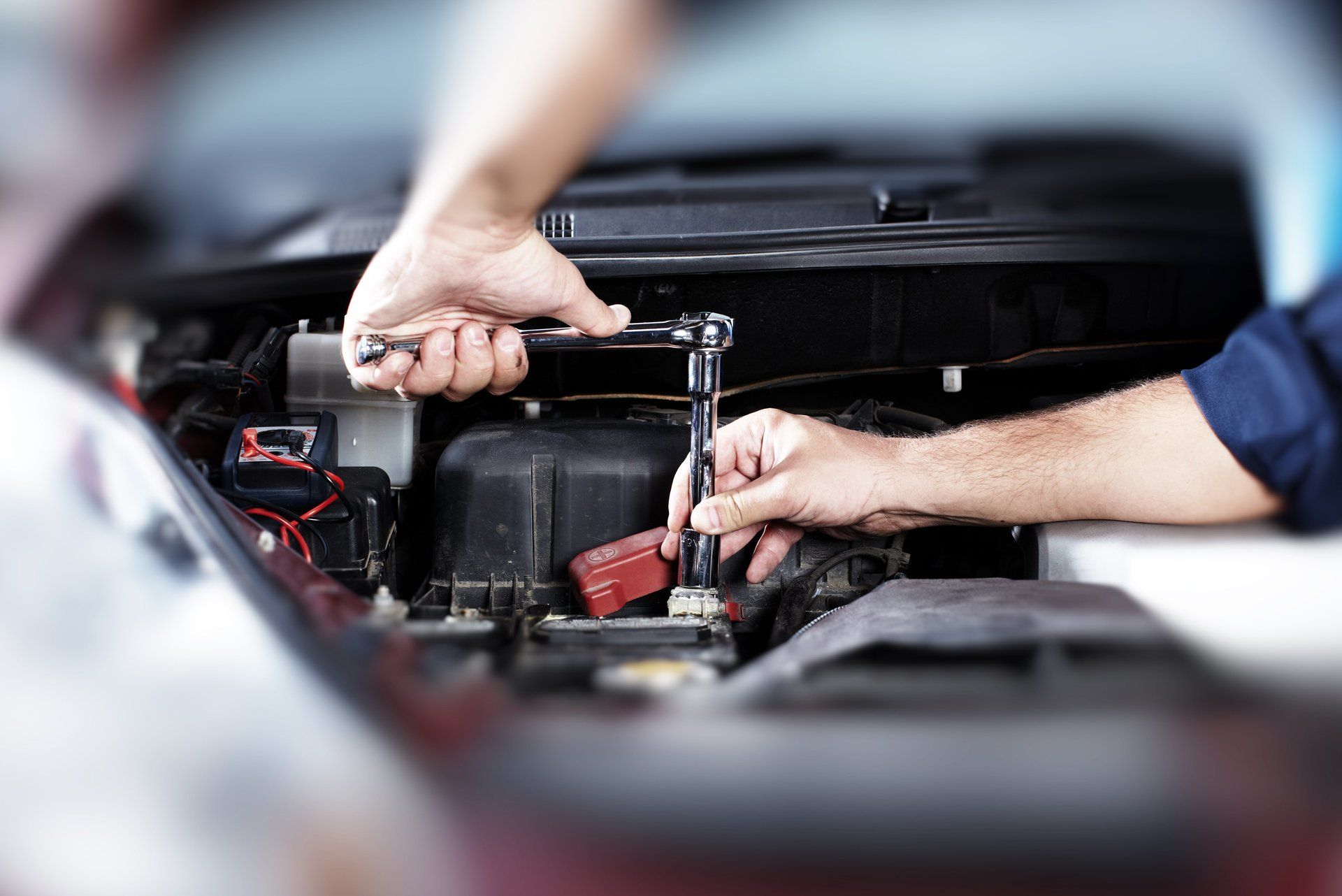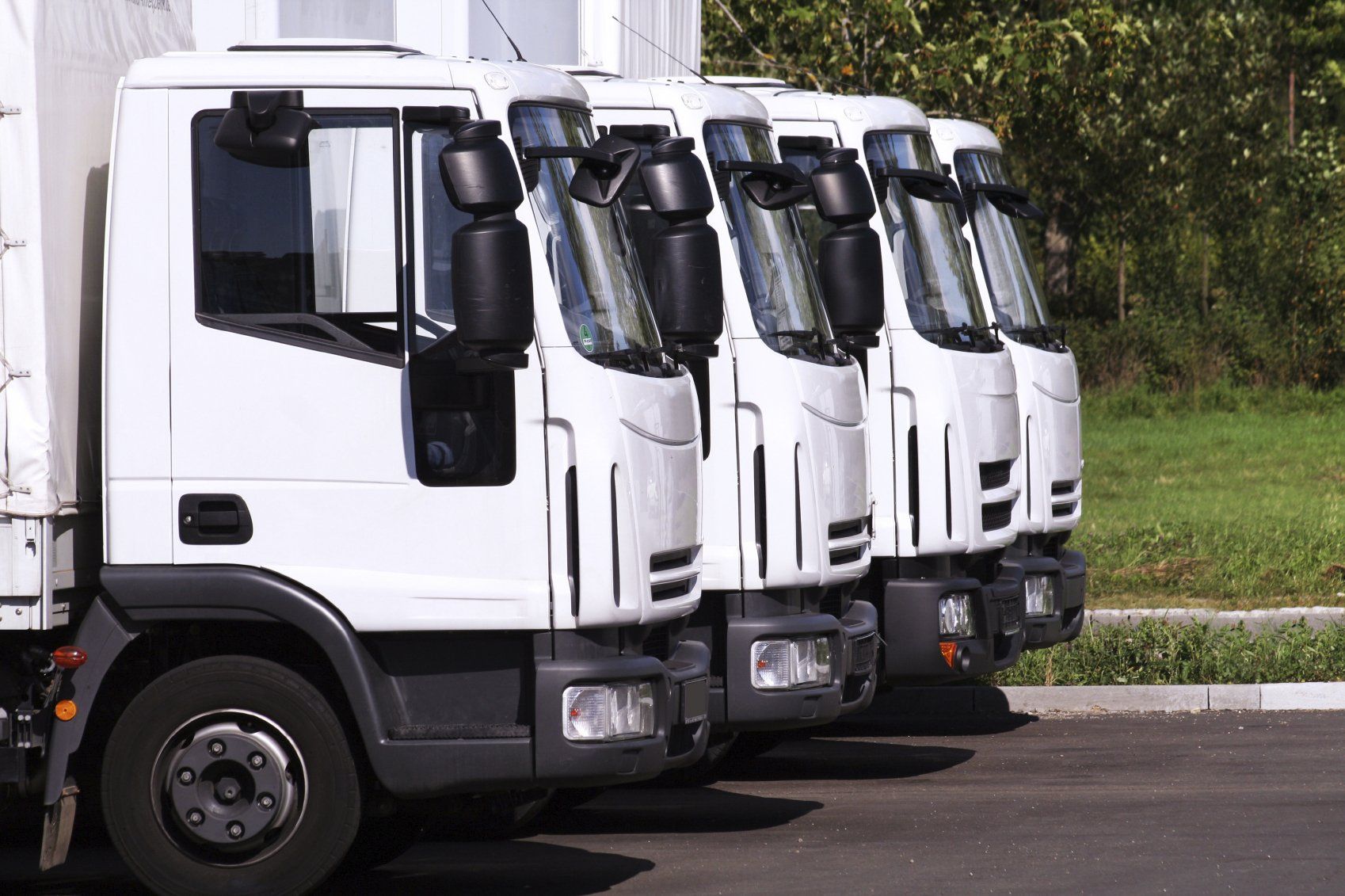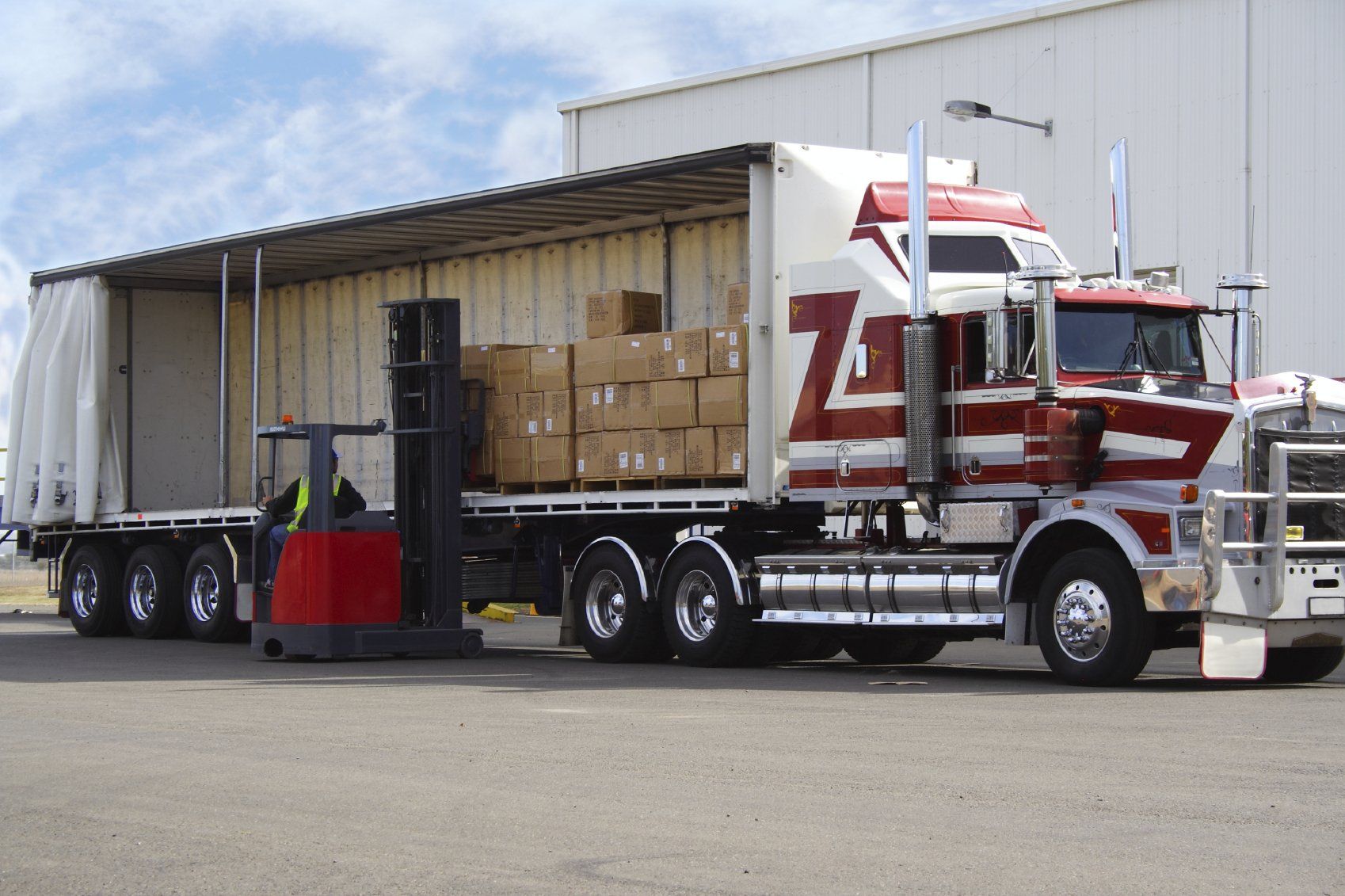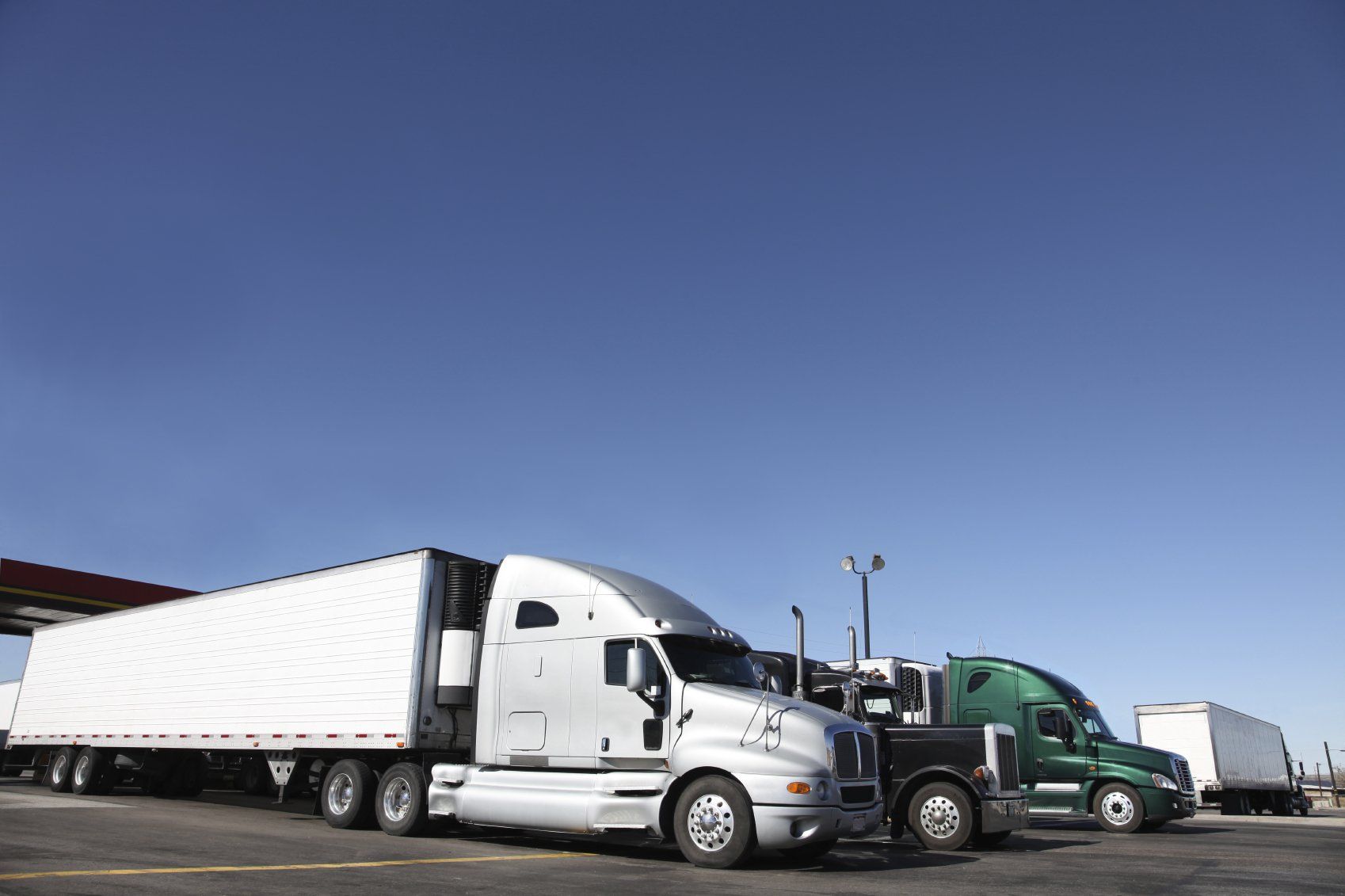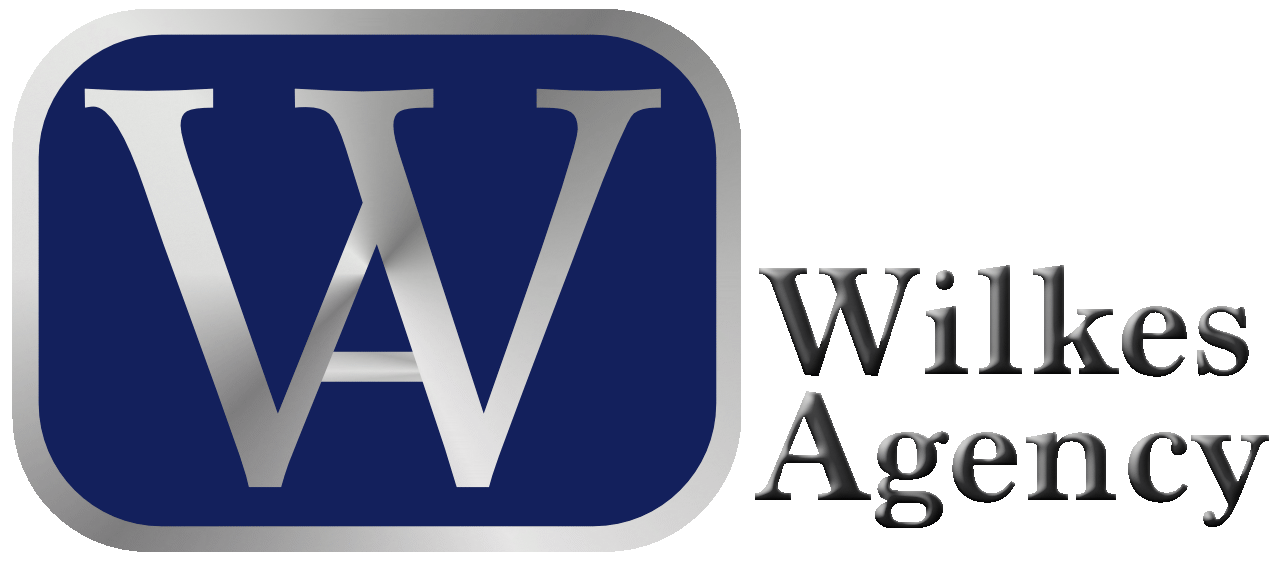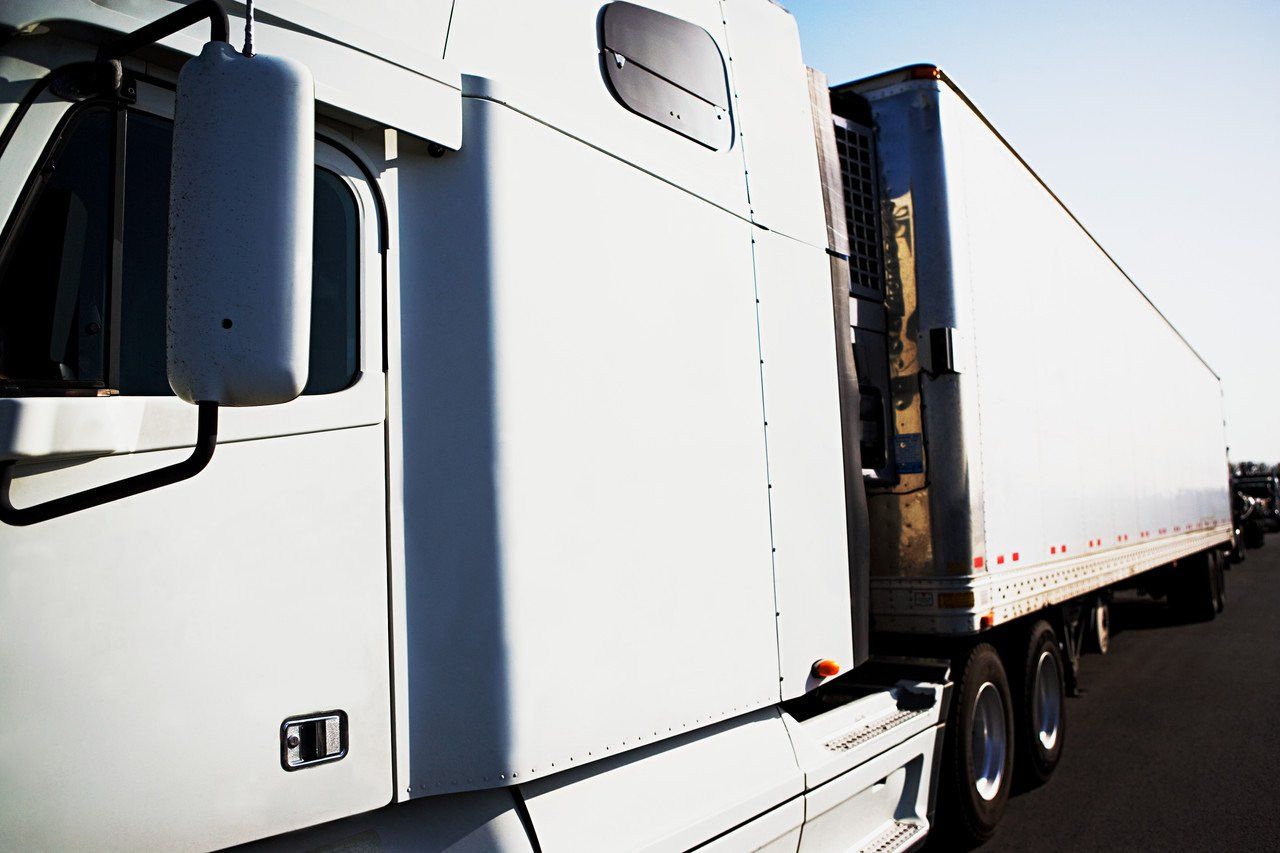When do you need a CDL?
You need a Commercial Driver's License (CDL) when you operate certain types of vehicles or engage in specific commercial activities that require a CDL under federal and state regulations. Here are some situations where you would need a CDL:
Operating Commercial Motor Vehicles (CMVs):
- You need a CDL to operate any vehicle that meets the definition of a commercial motor vehicle (CMV). This includes vehicles with a gross vehicle weight rating (GVWR) of 26,001 pounds or more, vehicles designed to transport 16 or more passengers (including the driver), and vehicles used to transport hazardous materials in quantities that require placarding.
Driving for Commercial Purposes:
- If you drive a vehicle for commercial purposes, such as transporting goods or passengers for hire, you generally need a CDL. This applies to a wide range of industries, including trucking, delivery services, public transportation, and construction.
Specific Endorsements:
- Certain types of commercial driving require specific endorsements on your CDL. For example, if you transport hazardous materials, operate a tanker truck, drive a school bus, or transport passengers, you need the corresponding endorsements (H, N, P, S, T) in addition to your CDL.
Interstate vs. Intrastate Commerce:
- Whether you need a CDL may also depend on whether you engage in interstate or intrastate commerce. Interstate commerce involves the transportation of goods or passengers across state lines, while intrastate commerce occurs within the boundaries of a single state. The regulations governing CDL requirements may vary depending on whether you operate in interstate or intrastate commerce.
Employer Requirements:
- Many employers in industries that require commercial driving mandate that their employees possess a CDL, regardless of whether state or federal regulations technically require it. This is because a CDL demonstrates that the driver has undergone the necessary training and testing to safely operate commercial vehicles.
It's important to familiarize yourself with the specific CDL requirements applicable to your situation, as they may vary based on factors such as the type of vehicle you operate, the nature of your commercial activities, and the state where you reside or work. Contact your state's Department of Motor Vehicles (DMV) or equivalent agency for detailed information on CDL requirements and regulations in your area.
Once you have your CDL, you'll need commercial insurance, give Wilkes Agency a call today, our services are always free!
